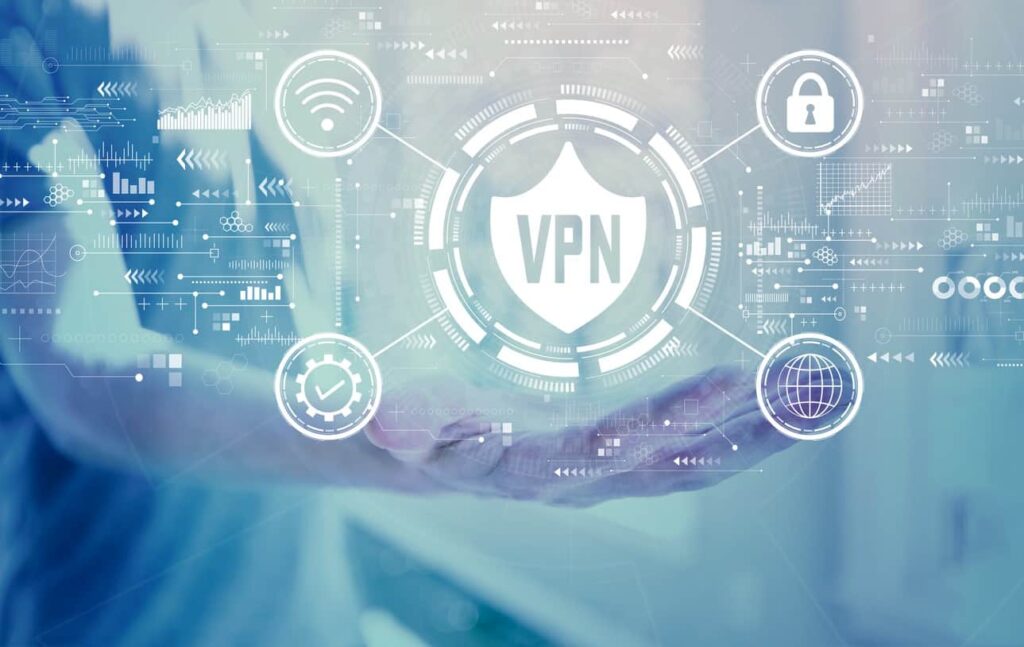Unlocking the Power of VPNs: Online Security and Beyond
In today’s digital age, ensuring online privacy and security is vital. This makes Virtual Private Networks (VPNs) essential. Some might wonder, what are VPNs used for?
VPN acts as a secure tunnel that allows users to transmit data over the internet privately and anonymously. The surge in cybercrime, data breaches, invasive tracking and leaks highlights the critical role of VPNs.
VPNs wear multiple hats when looking after your online privacy and security. Think of them as problem solvers, each with their own unique skills. They step in to deal with all sorts of modern challenges individuals and businesses face.
1. Online Security
VPNs strengthen online security by mitigating the risks linked to unsecured Wi-Fi networks. Often found in public places, these networks are breeding grounds for cyberattacks.
VPNs act like a shield, encrypting internet traffic to block potential hackers. This encryption ensures that sensitive information, like passwords and financial data, remains impenetrable even on untrusted networks.
By adding an extra layer of security, VPNs help users move around the online world more safely, making them less susceptible to cyber threats. Still, it’s important to note that VPNs might not guard against well-crafted phishing emails and other high-tech cyber attacks, so it’s wise to stay cautious.
2. Privacy Protection
In a time when online tracking can feel invasive, VPNs step up as protectors of user privacy. Advertisers and websites constantly monitor online activities, creating profiles for targeted ads.
VPNs disrupt this data collection by masking users’ IP addresses. This mechanism makes you anonymous online, so nobody can easily track you. This way, your personal information is safe, and you can take control of your online life, keeping your experiences private and away from prying eyes.
3. Bypassing Geo-Restrictions
VPN is a bridge to geo-restricted content, breaking through digital barriers and borders. Streaming services and websites often limit access based on users’ geographical locations. However, VPNs allow users to switch virtual locations by rerouting connections through servers in different regions.
This grants users access to content worldwide. Whether it’s streaming libraries from other countries or specific websites for certain regions, VPNs open up a whole range of digital options, making content censorship a thing of the past.
4. Remote Work and Business Use
VPNs are essential in today’s world of remote work and modern business. They address the critical need for secure access to company networks remotely. Whether employees work from home or on the go, VPNs set up a secure route for sending data.
This protection ensures that sensitive business information remains confidential and protected from potential breaches. VPNs are key to modern remote work, enabling smooth teamwork and data sharing while keeping security at the top level.
5. Smart Savings
With some research, a VPN can be a money-saving champ, thanks to its location spoofing abilities. Many websites and businesses, like subscription services and airlines, offer different prices based on users’ geographic locations.
When you use a VPN to change where you appear to be, you can use these services as if you were in a place where they’re cheaper. This trick can add up to big savings over time, making VPNs a clever tool for budget-conscious consumers.
To sum up, VPNs are like multi-purpose tools. They boost online security, protect privacy and break down digital borders. In today’s interconnected world, their importance is hard to ignore.
With cyber threats and data privacy concerns, VPNs have become a crucial security measure. It’s a good idea for people to consider adding VPNs to their digital toolkit, ensuring a safer, more private online experience.


























